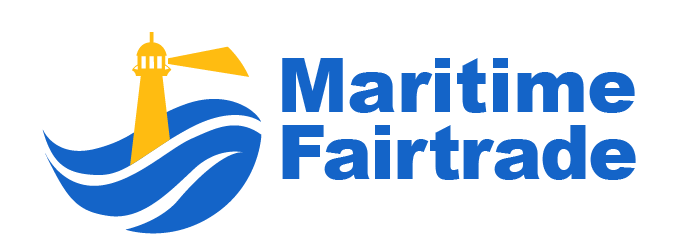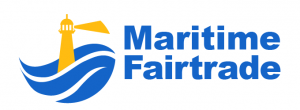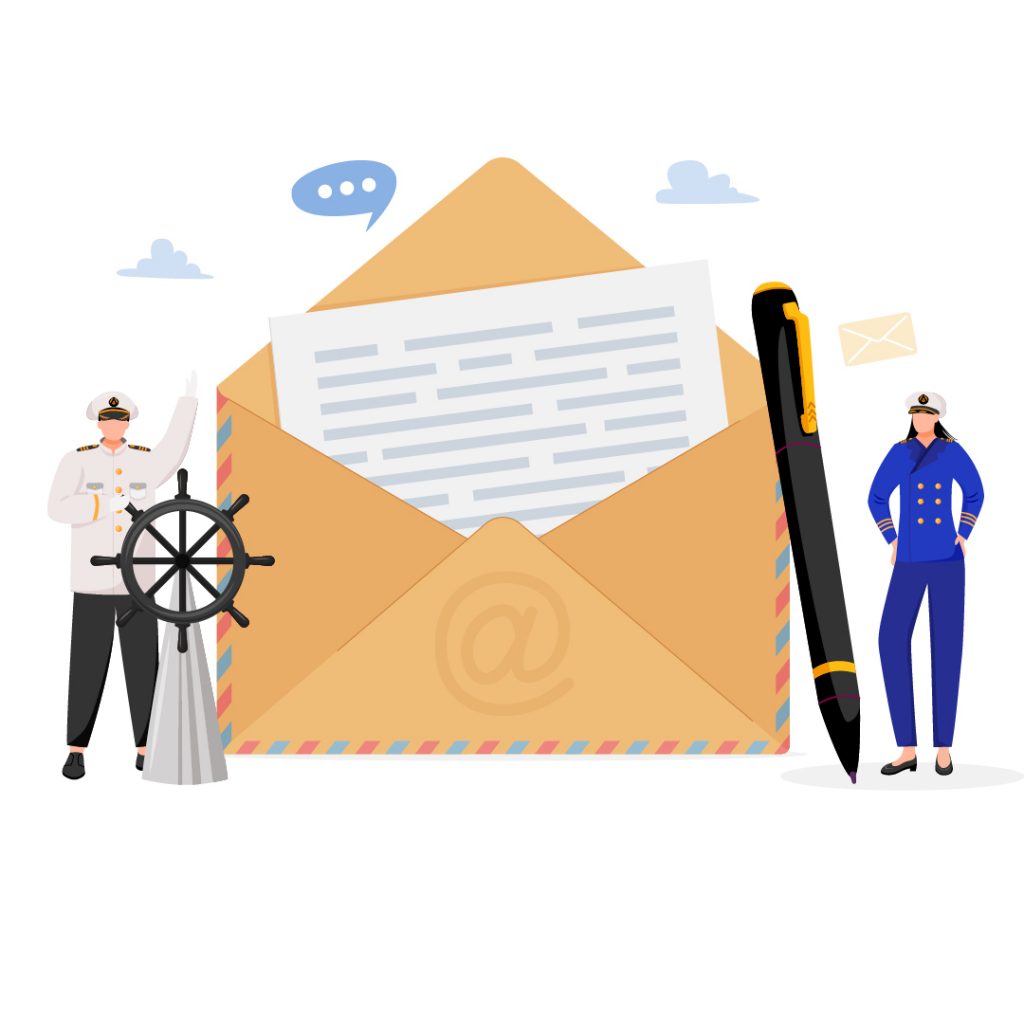The introduction of a dedicated maritime levy in New Zealand is visibly maximizing support for seafarers, according to the New Zealand Ministry of Transport. This new levy secures sustainable support for seafarers’ welfare services under a recent legislative change to the Maritime Transport Act 1994, which now explicitly provides for the funding of these services.
This change is the positive outcome of a campaign led by the New Zealand Seafarers’ Welfare Board in 2020 with the support of Human Rights at Sea (HRAS). Coming into force last year, the amendment has reshaped a previously problematic seafarers’ welfare landscape identified by HRAS in an independent report.
David Hammond, CEO of HRAS, told Maritime Fairtrade that “the results of this work by HRAS in support of the New Zealand seafarers welfare council means that up to 160,000 seafarers across 10 ports in New Zealand will be affected on an annual basis with sustainable welfare facilities going forward.”
This New Zealand campaign marked the first success of HRAS’s broader Maritime Levy Campaign, which identifies potential deficiencies in coastal states’ maritime legislation which may impede the provision of seafarers’ welfare support.
The campaign aligns with obligations set out in the Maritime Labor Convention 2006, under which signatories are required to promote the continuous development of port welfare facilities and to ensure seafarers can easily benefit from them.
New Zealand Transport Minister Michael Wood has confirmed to HRAS via written correspondence that the amendment to the Maritime Transport Act 1994 has laid the foundation for long-term funding for seafarers’ welfare services.
“However, until Maritime New Zealand undertakes a funding review … the Government continues to provide support for seafarer welfare services through funding provided to Maritime NZ specifically for that purpose,” Wood said.
The funding review will determine how much revenue is required for Maritime New Zealand to undertake its regulatory and compliance roles. Wood said the government funding has so far provided for on-board pastoral care, counselling, and mental health support for seafarers.
“Extra mechanisms to facilitate communication with crew’s friends and family through portable Wi-Fi units has also been provided,” he said. “Other means of welfare support include providing transport to and from welfare centers and town for those who can take shore leave to access Wi-Fi, online shopping options, and some limited recreation.”
Hammond said: “We are delighted to see the impact that has been achieved in New Zealand. Seafarers are an absolutely essential part of the global economy and it’s vital that their welfare needs are sustainably addressed.
“Rolling out the success we’ve had with the Maritime Levy Campaign to other countries is a priority for Human Rights at Sea. Australia is our current focus, and we are hopeful that the Australian Government will recognize the need to meet their obligations under the Maritime Labor Convention.”
Pursuing change in Australia
Following the evident success in New Zealand, HRAS continues to independently explore the potential for a similar legislative amendment in Australia focusing on shore-based welfare facilities.
Last month, HRAS published Counsel’s legal opinion on the opportunity to update legislation to help the government realign its support for seafarers with its MLC obligations. The report has found that the current system in Australia is not meeting seafarer’s needs and has suggested a modest change to the Australian Maritime Safety Authority Act 1990 (Cth).
Photo credit: iStock/ stefaniedesign










